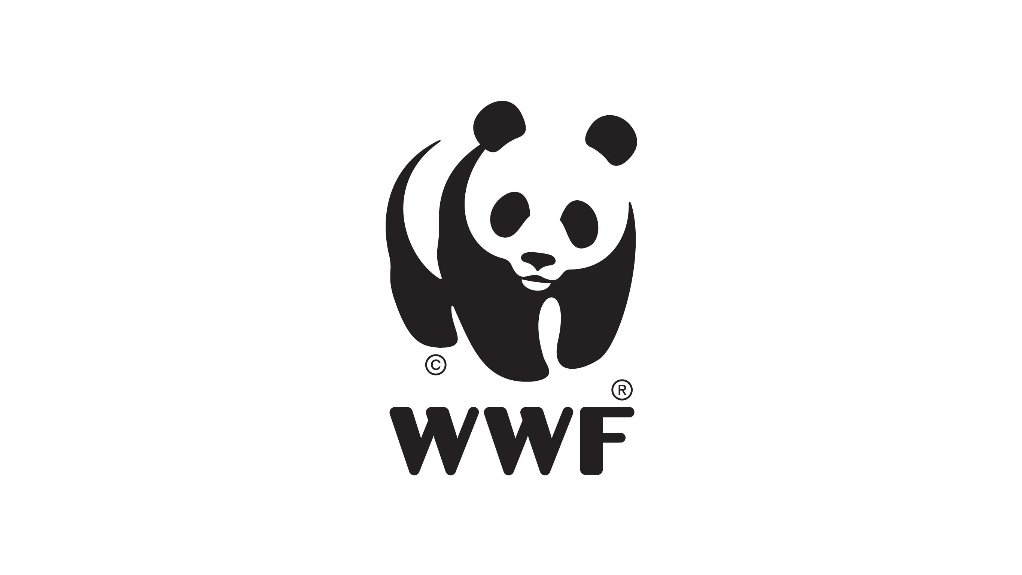/ MEDIA STATEMENT / The content on this page is not written by Polity.org.za, but is supplied by third parties. This content does not constitute news reporting by Polity.org.za.
The ongoing rhino poaching pressure in KwaZulu-Natal, where 325 rhinos were killed in the last year, is of grave concern.
The latest figures released by environmental minister Barbara Creecy today (Tuesday 27 February 2024) indicate that 62% (307) of the total number of rhinos lost in South Africa in 2023 (499) where illegally killed in Hluhluwe-iMfolozi Park. In 2022 a total of 448 rhinos were illegally killed in South Africa, 244 of which were in KZN.
Among a range of interventions Ezemvelo KZN Wildlife is implementing, WWF will be supporting improving field ranger capacity through targeted training and improving living conditions for rangers. The organisation is also assisting Ezemvelo KZN Wildlife to develop an integrity management plan to build organisational resilience.
Jeff Cooke, WWF Black Rhino Range Expansion Project Leader, commented: “The province of KwaZulu-Natal has a proud record of having played a critical role in rhino conservation in South Africa when rhino numbers had dwindled to just a few hundred animals. This is why we are committing resources towards supporting the authorities in their efforts to turn the tide on illegal killing of rhinos, particularly in the Hluhluwe-iMfolozi Park.
“There is a growing recognition of the importance of professionalising rangers working on the front line of conservation efforts by improving morale and building trust within law enforcement teams. This is one tangible area of work where WWF is hoping it can make a difference. It is also imperative that we continue to focus on growing rhino numbers and increasing range as quickly as possible, through efforts such as the Black Rhino Range Expansion Project, in the hope of building resilience in the populations to guard against the poaching onslaught.”
In September last year, the International Union for Conservation of Nature indicated that rhino numbers across Africa had increased by 5.2% between 2021 and 2022. Black rhino numbers rose by 4.2% from 2021 to 6 487 animals. White rhino numbers increased to 16 803 (an increase of 5.6%) – for the first time since 2012.
“While these updated IUCN populations figures provide hope, these gains remain tenuous as long as the poaching crisis continues,” Cooke said.
More on WWF’s work on rhinos
On a national level, WWF actively supports the government’s efforts to effectively address the issue of illegal trade in rhino horn through its National Integrated Strategy to Combat Wildlife Trafficking which aims to break the illicit value chain in South Africa and beyond its borders. At a provincial level, WWF is actively supporting KZN Ezemvelo Wildlife.
WWF’s Black Rhino Range Expansion Project (BRREP)
BRREP, which celebrated its 20th anniversary last year, aims to increase the numbers of Critically Endangered black rhinos by facilitating the creation of new populations. Removing black rhino from existing populations stimulates the growth rate in the donor populations. The removed rhinos are released onto new sites to found new populations.
In the past two decades, 250 black rhinos have been moved to new project sites where they have the space to breed and thrive. More than 200 calves have been born on project sites and there are now 16 new black rhino populations in southern Africa. The project has also seen the range of black rhinos in KZN increase by more than 50%.
The WWF Khetha programme
Khetha, which launched in 2018 and is supported by the United States Agency for International Development (USAID), focuses on reducing the impact of wildlife trafficking on elephants and rhinos and people living in the South African and Mozambican landscape of the Great Limpopo Transfrontier Conservation Area (GLTFCA).
Khetha takes a holistic approach to address wildlife crime. It is strengthening law enforcement responses such as improving ranger wellness and resilience, providing necessary rhino monitoring equipment and training prosecutors and magistrates on wildlife crime.
Khetha also focuses on the relationship between protected areas and neighbouring communities by upskilling community engagement practitioners, improving human-wildlife conflict management, engaging the youth through sports programmes, and strengthening or creating platforms for communities to be part of discussions to wildlife crime and other conservation issues.
More on KZN’s historic role in rhino conservation
All of Africa’s remaining 16 000 southern white rhino (Ceratotherium simum simum) emanate from a population of fewer than 100 individuals in 1920 that remained in the Umfolozi Game Reserve (now part of Hluhluwe-Imfolozi Park) and surrounds. Most of the black rhino (Diceros bicornis minor) south of the Limpopo River in South Africa and Mozambique originate from two remnant populations, one in the Hluhluwe and Umfolozi Game Reserves and the other in uMkhuze Game Reserve and state land to the north of the reserve, where their numbers had dwindled to fewer than 250 in the 1950s.
Issued by the WWF
EMAIL THIS ARTICLE SAVE THIS ARTICLE ARTICLE ENQUIRY
To subscribe email subscriptions@creamermedia.co.za or click here
To advertise email advertising@creamermedia.co.za or click here











